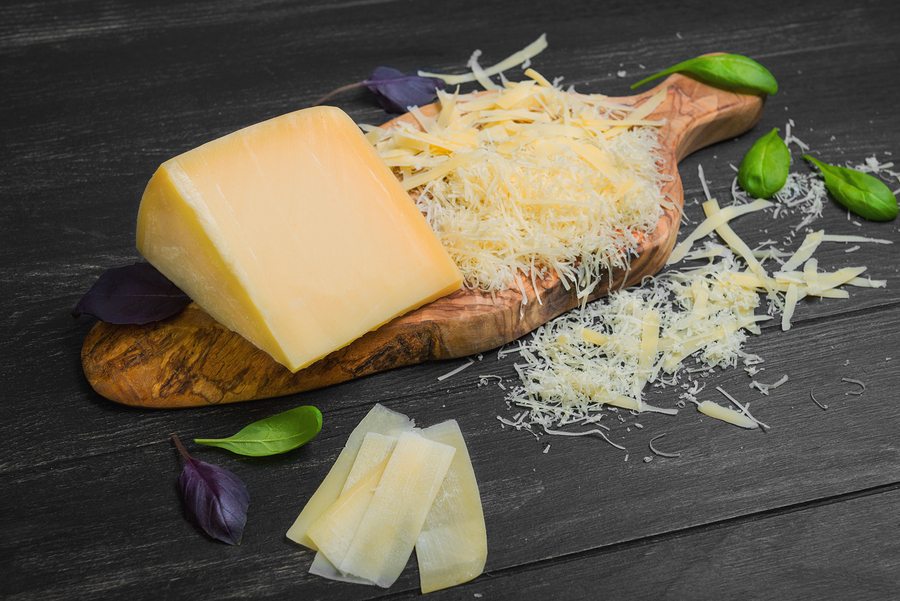Is it a myth or does cheese make you dream?
It’s a common thought that eating cheese before you go to bed can make you have vivid dreams. But is this really the case?
The question hasn’t been extensively studied with scientific rigour, but we might find some answers by looking at how cheese can influence the brain.
Our brains are directed by a range of hormones including serotonin, which promotes relaxation and sleepiness, adrenalin, which acts as a stimulant, and testosterone, which regulates libido, fat distribution and strength.
These hormones and others can influence how we think, how we act and how our internal systems function. Not all of these chemical directors are produced by our body: some are contained within the foods that we eat.
Cheese, for example, contains an amino acid called tryptophan that when consumed can be processed into serotonin, an essential hormone for sleepiness. So there’s at least a tenuous connection between cheese-eating and sleep.
And there is some research to indicate that eating different types of cheese may influence the content of your dreams.
In a 2005 study (conducted by the British Cheese Board), participants were asked to eat 20 grams of cheese a half hour before going to bed every night for a week. They would then record their dreams in a diary the moment they woke up.
Each participant was assigned a single type of cheese: one of stilton, cheddar, red Leicester, British brie, Lancashire and Cheshire.
Surprisingly, 83% of the participants that ate red Leicester had pleasant dreams, with 60% of dreams being about fond childhood memories. Cheddar, on the other hand, led to dreams about celebrities while Cheshire led to no dreams more than half of the time.
What is your experience with this? Does eating cheese before you go to sleep influence your dreams?




















